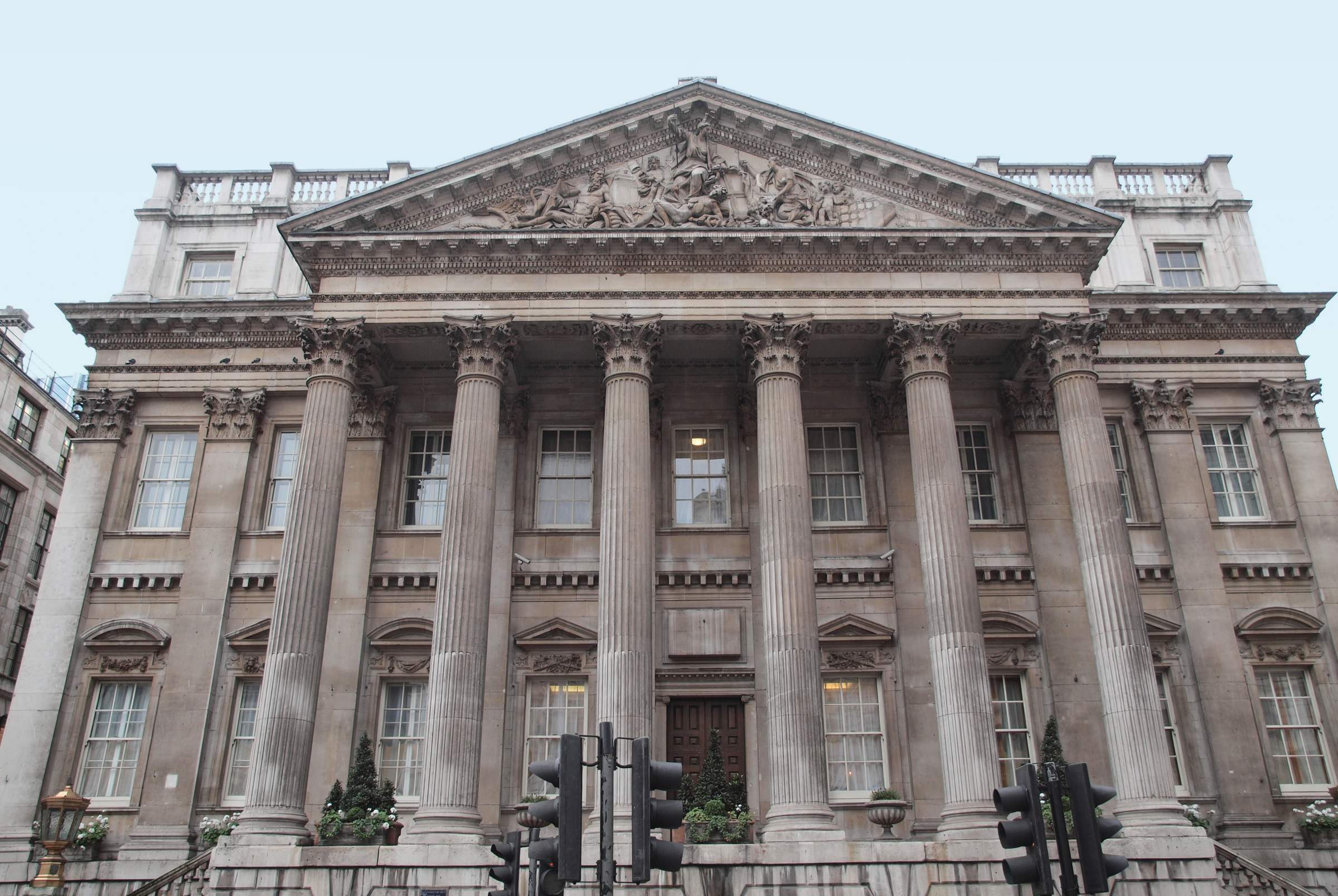
After cancelling the event last week in the wake of the Grenfell Tower disaster, Bank of England (BoE) governor Mark Carney and the UK chancellor Philip Hammond discussed Brexit and interest rates at Mansion House earlier today.
The annual event, hosted by the Lord Mayor of the City of London, brings together the UK’s financial sector to discuss the state of the British economy.
Here are the main points from both speeches that you need to know.
Brexit, Brexit, Brexit
After the official withdrawal negotiations began this week, Brexit was all the rage at Mansion House. After saying earlier this week the Britain will leave the European Union’s single market, Hammond confirmed that the UK should abide by the customs union rules for a period after Brexit. Hammond said:
We’ll almost certainly need an implementation period, outside the customs union itself, but with current customs border arrangements remaining in place, until new long-term arrangements are up and running.
This will delay the UK’s chances to implement new trade deals with other countries, however, it is part of the chancellor’s plans to transition the UK out of the union, “to avoid unnecessary disruption and dangerous cliff edges.”
How well do you really know your competitors?
Access the most comprehensive Company Profiles on the market, powered by GlobalData. Save hours of research. Gain competitive edge.

Thank you!
Your download email will arrive shortly
Not ready to buy yet? Download a free sample
We are confident about the unique quality of our Company Profiles. However, we want you to make the most beneficial decision for your business, so we offer a free sample that you can download by submitting the below form
By GlobalDataCarney began his speech by being critical of the decision to leave the EU. He suggesting that Brexit was a threat to the UK economy, saying:
Since the prospect of Brexit emerged, financial markets, notably sterling, have marked down the UK’s economic prospects.
Investment for startups and established businesses
Hammond reaffirmed the UK government’s pledge to ensure new startups and SMEs have continued access to funding once the UK loses access to funding from the European Investment Fund (EIF). This will provide certainty to investors and businesses in order to continue support for the UK economy and the creation of jobs.
This wasn’t a surprise as it was announced last week that he would say this, however, startups and SMEs will be reassured by the pledge.
Austerity is still on the cards
The chancellor stressed that the government was opposed to higher taxes or higher borrowing, so austerity is set to continue for the next few years to achieve the balanced budget.
“Stronger growth is the only sustainable way to deliver better public services, higher real wages and increased living standards,” said Hammond.
What about interest rate rises?
The BoE’s Monetary Policy Committee (MPC) recently agreed to not raise interest rates and Carney used his speech to explain that he personally thought this was the right decision.
From my perspective, given the mixed signals on consumer spending and business investment, and given the still subdued domestic inflationary pressures, in particular anaemic wage growth, now is not yet the time to begin that adjustment.
However, it is likely that rates are set to rise in the future, though he said this would be gradual and when all the members of the MPC decide to do so. The committee recently welcomed a new member, London School of Economics professor (LSE) Silvana Tenreyro. It is thought she will bring a “dovish direction” to the MPC and will remain cautious over rate hikes.







